
Energie Beheer Nederland (EBN), a public energy company, is playing a leading role in the energy transition. As part of the SCAN project (www.scanaardwarmte.nl), EBN commissioned Microbial Analysis to conduct a study on potential threats to future geothermal systems in the Netherlands.
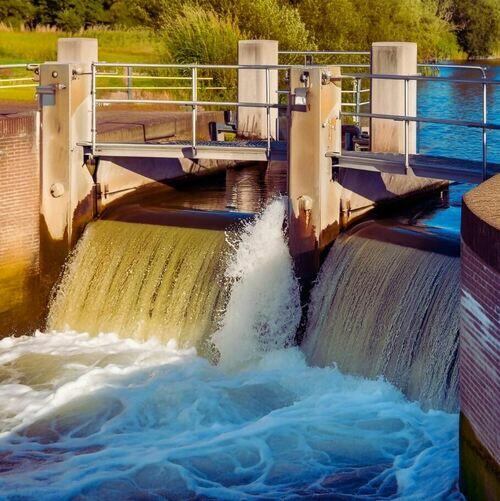
Microbiological corrosion (MIC) can cause significant damage to sheet piling in both saltwater and freshwater environments. It is essential to identify the specific corrosion processes through visual, microbiological, chemical and mineralogical analyses. These insights will enable us to implement appropriate measures to prevent further damage. To illustrate the impact of MIC corrosion, we present two case studies, one in salt water and one in fresh water.
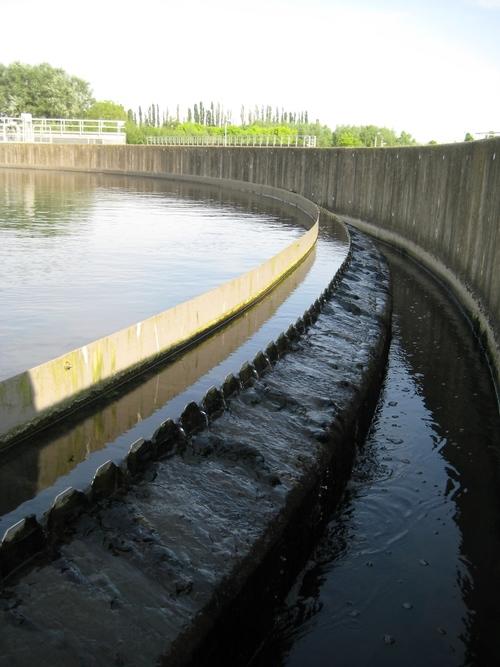
The investigated wastewater treatment plant reuses purified water in its own operating process. In recent years, leaks have occurred at a number of points in the service water system. It is suspected that these leaks are caused by Microbially Influenced Corrosion (MIC). Microbial Analysis has been commissioned to determine the exact cause of the leaks and to examine what measures can be taken to extend the life of the current piping system.
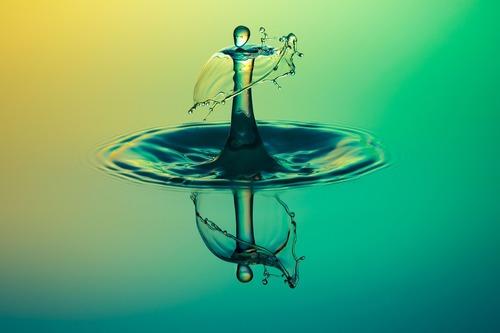
You probably never think about it when you turn on the tap for some water, to make coffee for example, what is needed to get that water to your residence. Vitens is a company that ensures that no less than 5.7 million people in the Netherlands are supplied with clean drinking water every day. Every year the company supplies more than 330 million m3 of water via a network of pipelines with an impressive length of 49,600 km. Try to imagine this for a moment, that is longer than the circumference of the earth! Maintaining such a network is quite a challenging job.
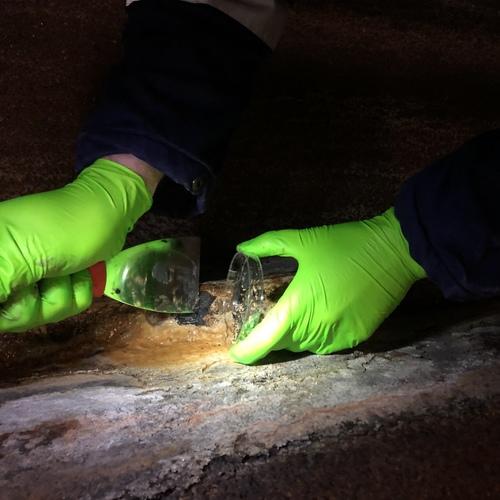
During an inspection in an underground car park an inspector of Nebest B.V. discovered a rather dramatic looking, slimy, yellow and green deposit on a steel sheet pile wall. Furthermore, measurements at various places showed more corrosion damage than expected. Since biological corrosion, or MIC corrosion, was suspected, Nebest decided it was time to call in an MIC corrosion expert from Microbial Analysis. Microbial corrosion is feared because it can make material disappear in a relatively short period of time.
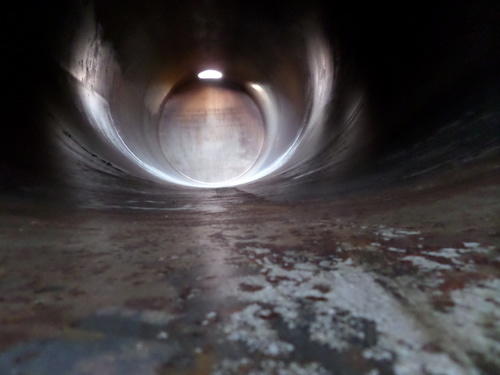
Over the past years tank inspectors observed an increase of corrosion in uncoated underground diesel storage tanks. This is alarming, because corrosion could possibly weaken the tanks, which could cause fuel to leak into the soil and induce environmental damage.
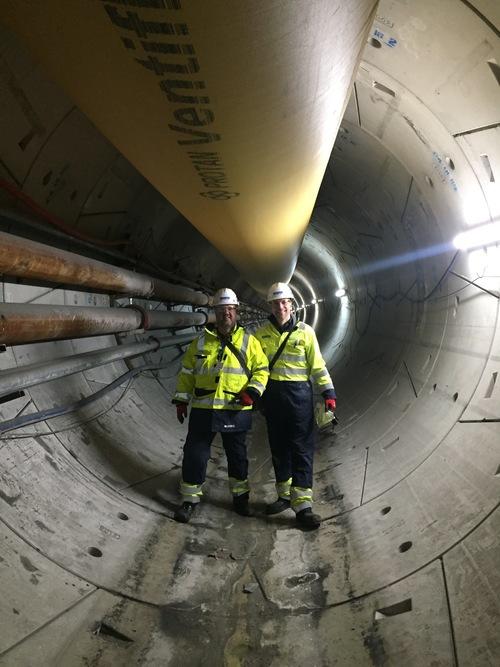
In 2014, the English gas supplier National Grid issued a tender to replace the pipeline under the Humber River. 20% of the natural gas used in England is transported through this pipeline. The location of the pipeline is worrisome because it is close to the mouth of the river in the North Sea. Due to the tide with a height difference of 6 meters, a very strong current is created. As a result of this current the gas line gets more and more exposed. To solve this problem, a 5 km long tunnel with a diameter of 4 meters is constructed at a depth of 31 meters under the river. One of the requirements is that the tunnel has a lifespan of 120 years. The gas line is assumed to have a service life of 40 years.
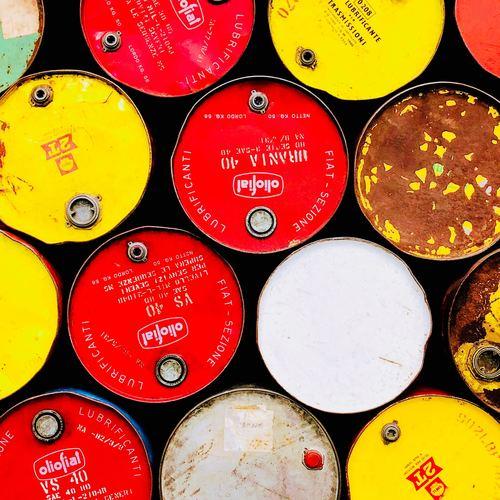
TAQA is an international operating energy- and water company located in Abu Dhabi. TAQA is Arabic for energy. The company engages in generating energy, oil and gas production, water desalination, pipelines and gas storage. Safe and good functioning of pipelines is evidently very important to the company.

At the Defence Island in the municipality of Woerden there is pollution in the deep groundwater, which was caused by military dry-cleaning activities in the past. It involves the volatile chlorinated hydrocarbons (VOCl’s), cis-dichloroethene and vinyl chloride. The municipality is developing a plan for the management of this deep contamination and would like to be certain whether biodegradation of the VOCI’s occurs and if so, at what speed this happens. Bioclear earth has been engaged to look into the matter.

For decades the meat industry has been working with the same process of meat fermentation to preserve products like salami, saveloy and filet americain. Fermentation is one of the oldest methods to preserve food by using bacteria, fungi and yeasts. This preservation process is not always optimal, which in addition to a less tasty product can also lead to microbial risks.
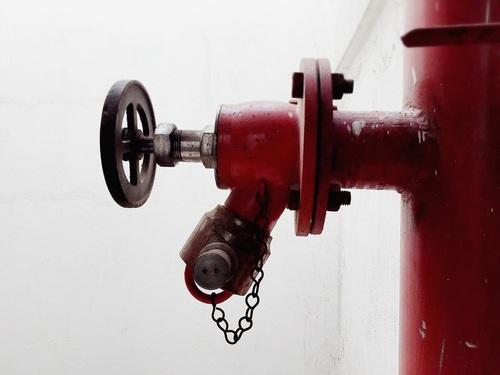
At the request of a client, we have conducted an investigation of a fire water system, which was installed in a waste processing plant. After several years, leakage occurred in the system regularly. The nature of the damage suggests that it could be caused by microbiologically influenced corrosion (MIC).